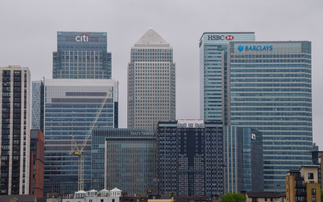Perhaps it's the sea air. But after the disappointment of last year's Copenhagen climate summit, which slid from 'Hopenhagen' to 'Brokenhagen', the atmosphere at this week's gathering in Cancun, Mexico...
To continue reading this article...
Join BusinessGreen
In just a few clicks you can start your free BusinessGreen Lite membership for 12 months, providing you access to:
- Three complimentary articles per month covering the latest real-time news, analysis, and opinion from Europe’s leading source of information on the Green economy and business
- Receive important and breaking news stories via our daily news alert
- Our weekly newsletter with the best of the week’s green business news and analysis






